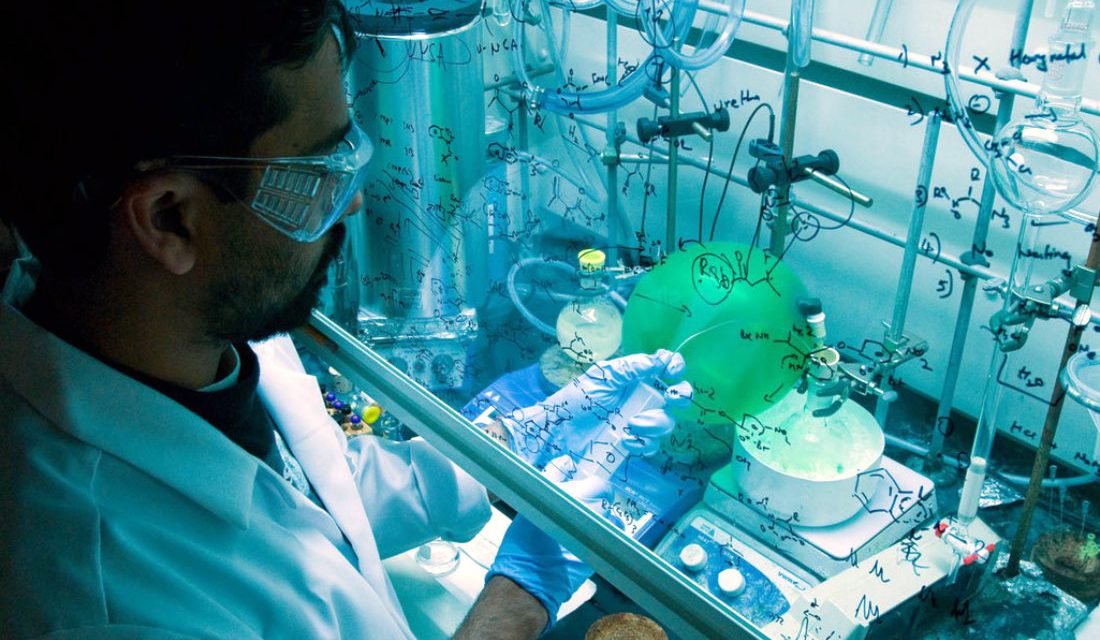According to “The Global Competitiveness Report 2017-2018 of the World Economic Forum published the last week of September 2017 in Geneva, Switzerland, Costa Rica ranks second among the most competitive countries in the region. For the period under study, Costa Rica ranked 47 out of 137 countries, seven places above its previous position, ahead of Panama, Mexico and Colombia.
Switzerland at the world level ranks first (5,8) again leading the world ranking, followed by the United States and Singapore, which moved this year.
The classification of Costa Rica results from good indicators in terms of health, education, mobile Internet availability, openness to attract investment, technology transfer, business sophistication and innovation. The good scores in education and health are partly the result of the accumulation of good policies of social progress since the independence of Costa Rica. The success in terms of investment and technology is due to the most recent structural changes caused by two important events: the liberalization of the economy after the debt crisis and the approval of the FTA with the United States that opened the telecommunications.
The results of these reports move in the macroeconomic terrain, and although the trend in Costa Rica is very flattering, it continues to grow. We should analyze the competitiveness problems in the scale that affects us, that is, relative to our Organizations (microeconomic), and try to make the necessary changes.

For this I think that the starting point is to understand what are the aspects that should be improved and on which we can act. For this, nothing better than analyzing in detail the position of Costa Rica according to the analysis of the World Economic Forum mentioned above:
The vision is positive from several perspectives taking into account that I move from place No. 53 to No. 47, but after evaluating the data I believe that the main parameters in which companies have to act are Competitiveness, Productivity and Innovation, which grouped together have the greatest impact on the profitability of an Organization (much more significant parameter than the gross turnover, which still remains the compass of many entrepreneurs).
COMPETITIVENESS
One of the most accepted definitions when we talk about competitiveness at the business level is:
“The ability of a company to maintain the advantage over its long-term competition, obtaining increased profitability through the sale of goods or services more attractive than other similar products offered by competitors.”
That is, competitiveness will always be a concept related to other elements (our competence), in which the market is the one that defines what it wants, and that has a clear focus in the long term.
It is common to hear that competitiveness and productivity are mentioned as synonymous terms, but nothing is further from reality. Really the productivity, the innovation and other factors, such as the quality of the human capital, the regulatory environment, etc … are the elements on which the competitiveness is sustained.
PRODUCTIVITY
“Productivity is the relationship between the resources invested in producing something or in providing a service (what are technically called inputs) and the production obtained.”
In this case, and in relation to competitiveness, it refers to the ability of a company to produce at a lower cost than its competitors … but no more customers will hire their services … which indicates that the secret ingredient for achieving success Competitiveness does not seem to be only competitive.
Some of the factors that most affect productivity are:
- a) Technology: The use of technology is traditionally the most common way to improve productivity, since it allows to reduce the time of completion of tasks, consumption of raw materials … etc. In the case of ICT, they tend to fundamentally affect internal management processes.
- b) Outsourcing: Taking out routine tasks of little added value outside the company, focusing on those that suppose the competitive advantage of the Organization (and that overload the cost structure, as we mentioned here) is usually a good idea … Reinventing wheels that someone who has been manufacturing for some time is an expensive policy.
- c) Motivation: Although it is obvious, motivated personnel are much more productive than those who are not. This tautology is something that often goes unnoticed … because, as has already been discussed, it is not the same to be 8 hours in the workplace than to produce 8 hours. Talent Management has taken a special role in the productivity of companies.
- d) Process Improvement: Another keystone of improving productivity is the reengineering of processes. Its objective is to analyze both the real utility of each process and the way in which it is carried out, detecting inefficiencies, not very useful processes, etc.
We are at a time when the need to improve the productivity of companies is heard quite often, which per se will not improve competitiveness: as an example of this, reducing the structural burden by dismissing a large part of the staff more qualified and that accumulates extensive knowledge of the company would influence in the short term in an improvement of productivity (costs or inputs would be reduced) … although it would drastically worsen competitiveness, given that this is a variable in the medium and long term that would be impaired .
In my opinion, in this sense one of the main burdens that drag the companies (and therefore the rest of society) is low labor productivity, that is, we work less (not in terms of hours, but in terms of results) that many of our neighboring countries and yet wages are comparable or in some cases superior. The solution, in my opinion, should not be to lower wages or anything similar, but to get more performance of the 8 hours. I have lived this in the model used by the Germans.
INNOVATION
Without a doubt it is all those activities that are destined to transform knowledge into value (whether economic or social). After mentioning the previous points, I think it is obvious that we need an ingredient in our “sauce” of competitiveness that allows us to overtake our competition in the medium / long term, improving profitability … and in my opinion this secret ingredient is the innovation (word that little by little is losing its meaning, since not everyone can / wants to innovate)
“The basic example of innovation in business models that I usually mention is that of a Dry Cleaning in San Jose that I spent last year in times that rained every day, and they (Dry) offered a 30% discount if they I wore the clothes that had been wet in that week. “

In this sense we have a significant number of pending subjects, which I will try to go in depth in other articles:
Education: As is clear after analyzing in the reports of the World Economic Forum, in the “The Global Competitiveness Report 2017-2018, the educational system has many aspects to improve. In order to create an innovative national culture and improve the country’s competitiveness, we must undoubtedly improve the quality of education (from primary to university), with a special focus on everything related to scientific research and technological innovation.
University-Business Collaboration: Although common sense dictates that this should be the case by default, the reality in Costa Rica is very different: Companies do not get involved in Universities, being in general disconnected from the realities and needs of the business world, and therefore prioritizing based on endogenous factors (not necessarily bad, but that should be complemented with exogenous points of view)
Incorporation of personnel specifically dedicated to innovative activities: Although it is absolutely necessary that innovation be in the day to day of all personnel, both directly productive and indirect. For the productive sector its objective must be incremental innovation. Disruptive innovation can hardly take place between productive areas subject to the pressure of short-term objectives and this is where university students should be encouraged (indirect).
Languages: Although in the region we are one of the countries that has the most study in languages, and has contributed to the increase in jobs above all in multinationals, we are from the countries of America with a low level of English language, which causes difficulties when it comes to competing globally as in the transfer of knowledge.
Obviously there are other factors, such as state support for R & D, or the lack of a plan to encourage real innovation in companies … but in my opinion are not decisive, given that innovation or R & D They should not be motivated by an interest in obtaining subsidies, but by the pure awareness of the peremptory need to improve competitiveness … without doubt, the participation and weight of the private sector in R & D activities should increase significantly.
And good to be concluding, companies must be competitive, not just productive. Undoubtedly, productivity must improve, but not as an objective in itself, but as a basic condition to put ourselves in (at least) equal competitive positions with our market.
That said, productivity is undoubtedly one of the aspects to improve, given that we have to prioritize the efforts (we do not have time or infinite money), I think it is more important to work on initiatives that directly impact competitiveness as a whole that in only partial measures … because to improve the long-term profitability, there is only one way. I would love to say that it is a clear and simple path … but if it were, everyone would be in it. As Albert Einstein said:
“Madness is thinking that you can get different results by doing the same”
WHAT DO YOU THINK?
